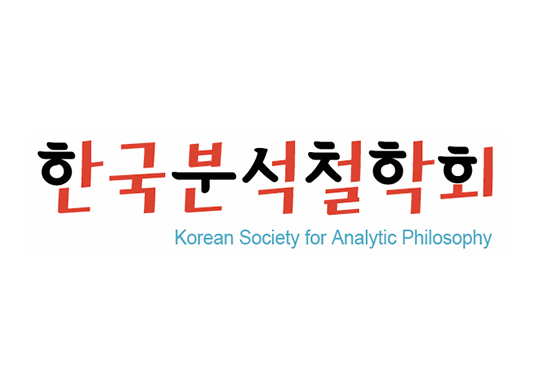원초적 해석과 의미: 데이빗슨의 인과주의 비판
Radial interpretation and meaning: a critique of Davidson’s causalism
이영철
부산대학교
철학적 분석
2024, vol., no.51, pp. 1-23 (23 pages)
한국분석철학회
초록
이 글에서 나는 데이빗슨의 원초적 해석론과 그것의 인과주의를 비판한다. 그는 화자의 발언과 발언 상황의 관계가 인과적으로 최적인, 즉 법칙적인 것이 되게 하는 진리 이론은 ‘의미 이론’으로서 적합하며, 따라서 그 이론의 공리들과 정리들은 자연법칙들로 여겨져야 한다고 주장한다. 우선 나는 그의 인과주의의 원천, 즉 행위의 이유가 행위의 원인이라는 그의 믿음에 비트겐슈타인식의 관점에서 문제를 제기한다. 다음으로 나는 원초적 해석론에서 도출되는 T-문장들을 화자 발언의 인과적 조건을 진술하는 자연법칙들로 보는 것의 문제점을 지적한다. 또한 이와 관련된 문제로서, 모국어 학습을 포함한 모든 언어의 이해에 원초적 해석이 작용한다고 보는 (콰인-) 데이빗슨의 인과주의적 관점에 대해서도 비판적으로 논한다.
In this article I criticize Davidson’s theory of radical interpretation and its causalism. He contends that a theory of truth suitable for a ‘theory of meaning’ must make the relationship between the speaker’s utterance and the utterance situation causally optimal, that is, law-like, and so its axioms and theorems must be viewed as natural laws. First, accepting Wittgenstein’s perspective, I take issue with the source of Davidson’s causalism, namely his belief that reason for an action is its cause. Next I point out the problem of viewing T-sentences derived from the interpretation theory as natural laws that state the causal conditions of a speaker’s utterances. And as a related issue, I also criticize (Quine-)Davidson’s causalist perspective, which holds that radical interpretation is necessary to any understanding of language, including the learning of a native language.

